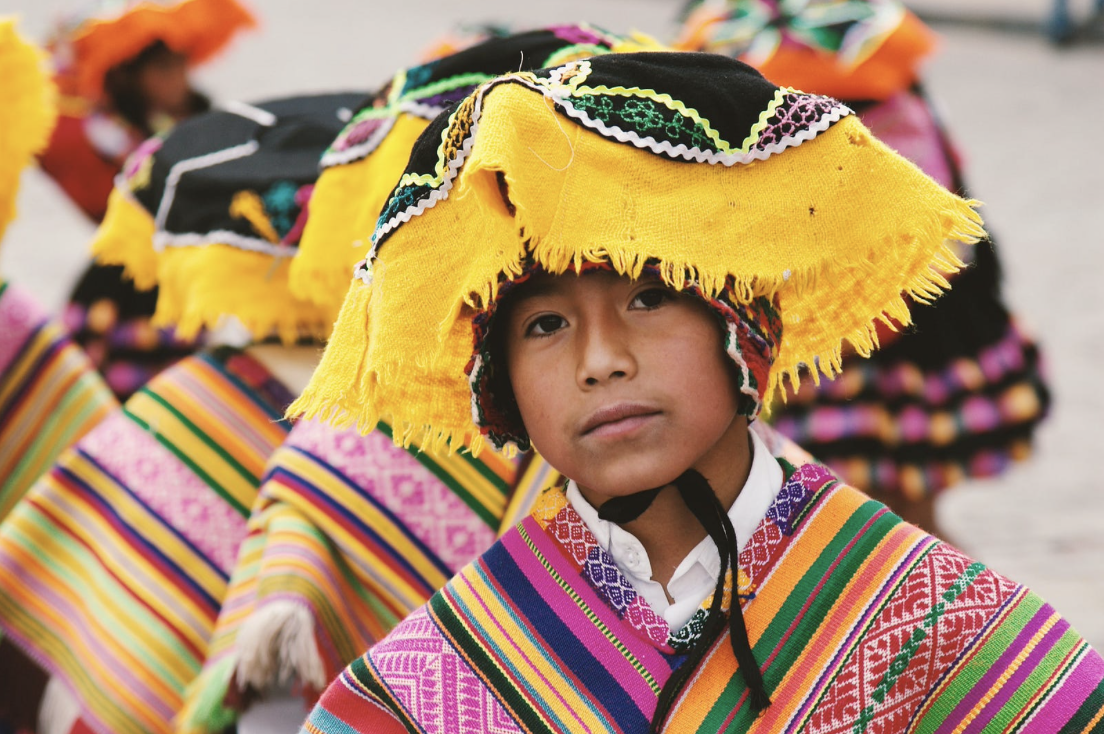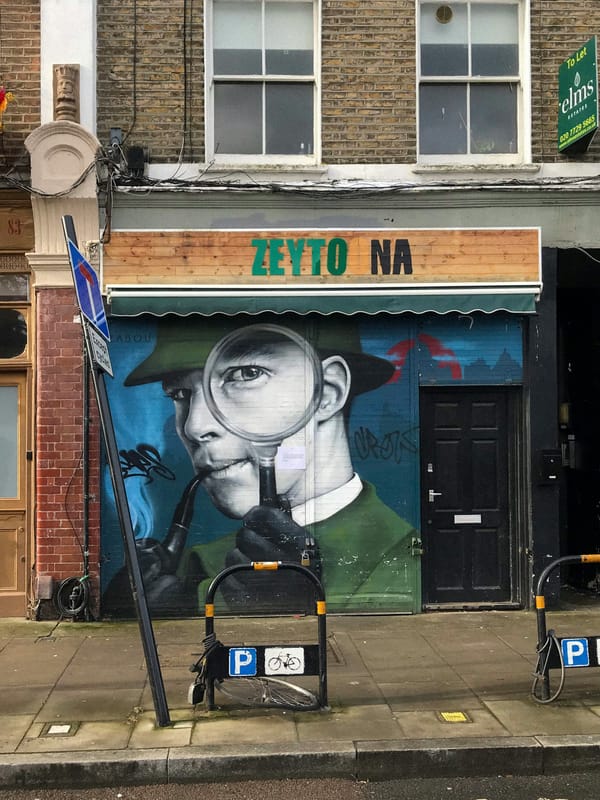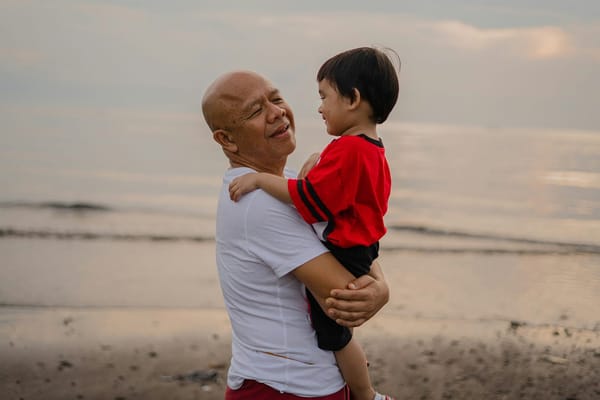Indigenous Peoples’ Day was October 9 this year. It’s a day giving us all opportunity to pay homage to Indigenous cultures around the world, their sacrifices and contributions to humanity and the earth. Paths abandoned and too often disrespected, in my view.
The day’s date, originally proclaimed by President Benjamin Harrison as a one-time national commemoration of Italian heritage and Columbus’ founding of America, which actually never happened, was in large part a grand gesture, if you will, to the tragic massacre of imprisoned Italians and Italian Americans by a lynch mob in New Orleans (March 14, 1891) and threats by the Italian government to withdraw diplomatic relations.
Though empathetic to the injustices, hatred, and discriminations Italians had faced in the U.S., celebrating Columbus Day was never going to get my attention. To me Christopher Columbus was a profiteer, an oppressor in search of fame and fortune, sailing under the Spanish flag. Spaniards, at that time, were some of the most ruthless and barbaric invaders of indigenous lands the world ever knew. Indigenous Peoples’ Day was an opportunity for me to set right U.S. history.
Past is Prologue
Each year, in honor of Indigenous Peoples’ Day, along with other books, I’d read Tomie dePaola’s The Legend of the Bluebonnet, to my now six-year-old twins. The first reading, when they were about three, had made tears trickle down my cheeks, just enough for them to notice. My little girl touched my face, she’d never seen daddy cry before, as I tried to explain the story’s meaning. A little Comanche girl, living in the kind of poverty I prayed they’d never know, had given her most precious possession, a handmade doll, to the Great Spirit in hopes that her village would no longer endure a horrendous drought. The book made me wonder; with all the toys my children had, could they even imagine cherishing just one as much as she? Could they grow to be so selfless giving as much of themselves for others?
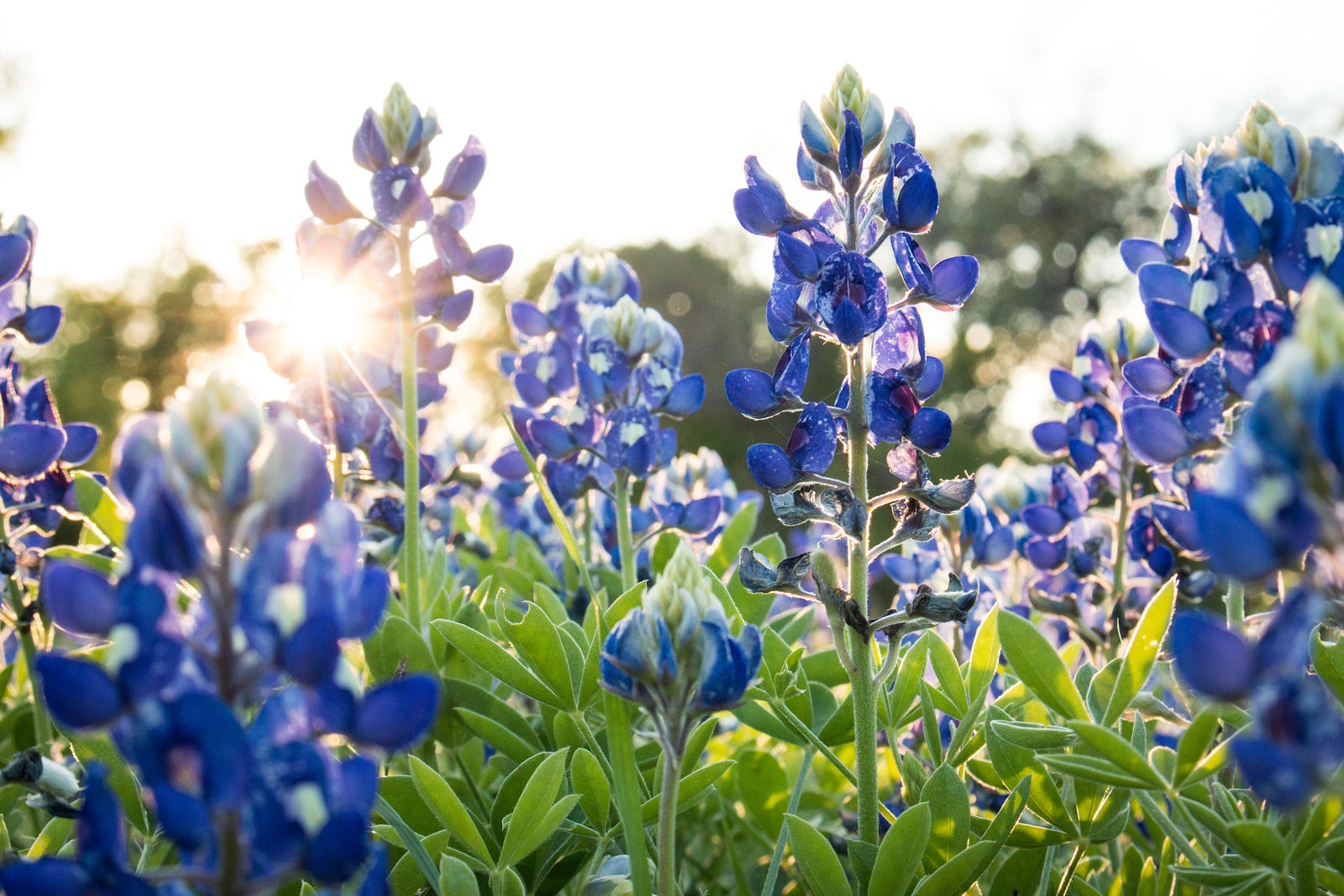
Tragically, this year’s Indigenous Peoples’ Day was overshadowed by Hamas’s attack on Israel. Or perhaps the Day’s need was actually underscored. Hamas professes to represent Palestinian people whose indigenous roots and heritage many believe entitles them to more than the apartheid-like rule, substandard overcrowded conditions, and hopeless despair they have suffered since Israel’s existence (1948). Hamas’s actions will result in thousands of deaths. Israeli retaliation is already underway. Retaliation by pro-Palestinian nations is also promised. Continued violence and bloodshed loom inevitable as no one seems to have a solution.
Stolen lands and resources, horrendous atrocities, and broken promises stand at the heart of centuries-old disputes, mistrust, and ill will. No different than the experience of Native Americans. Or the seemingly insurmountable struggles of Aboriginal peoples in Australia. Or Muslims of Moros descent in the Philippines! Or the destabilization of Haiti now decimated by roving rival street gangs.
Suppose it Never Happened!
Okay, I confess, sometimes I wonder what if it all never happened. Now, I readily admit to a swiftness in casting aside ideas and proselytization extolling the benefits reaped by colonization and enslavement. The ends do not justify the means, to me. Which should explain what’s coming next.
The Feroz Shah Kotla fort in Delhi, India is believed to be a place where numerous djinn dwell. According to Islamic mythology, djinn are shape-shifters with magical powers. And though sometimes they’re ill-tempered and vengeful they’re also known to grant wishes and help humans solve problems. “Countless people, desperately hoping to get their prayers heard . . . write letters, light candles, offer flower petals, stick coins on the walls of the fort, whisper their wishes, leave locks in the railings and ask for forgiveness,” writes Rana Pandley in The Invisible Wish Granters (February 2022).
In honor of Indigenous People’s Day, here’s my wish list. I’ll just leave it at the fort’s wall.
- Trade had been Cortez’s focus over conquest and gold. The same for Columbus instead of profiteering and bloodshed.
- Cultural exchanges had been the desire of Europeans, like those of the Africans Dr. Ivan Van Sertima told us about in They Came Before Columbus: The African Presence in Ancient America.
- I’d spend a few years visiting the nations described by Charles Mann in 1491: New Revelations of the Americas Before Columbus and Aztec, by Gary Jennings. Absorb myself in trade, culture, and a maiden or two.
- We would see if, without plunder and barbarity, The Congo and Haiti would have retained their substantial wealth. How would they look centuries into stability?
- Would Egypt and Mali still be the envy of the world, Wakanda rich with intellectual development, science, and technology, as they once were?
- What would happen if the Cherokee had demanded their lands back, the Lenape proved they were swindled, and the Seminole, who never signed a peace treaty, reclaimed Florida?
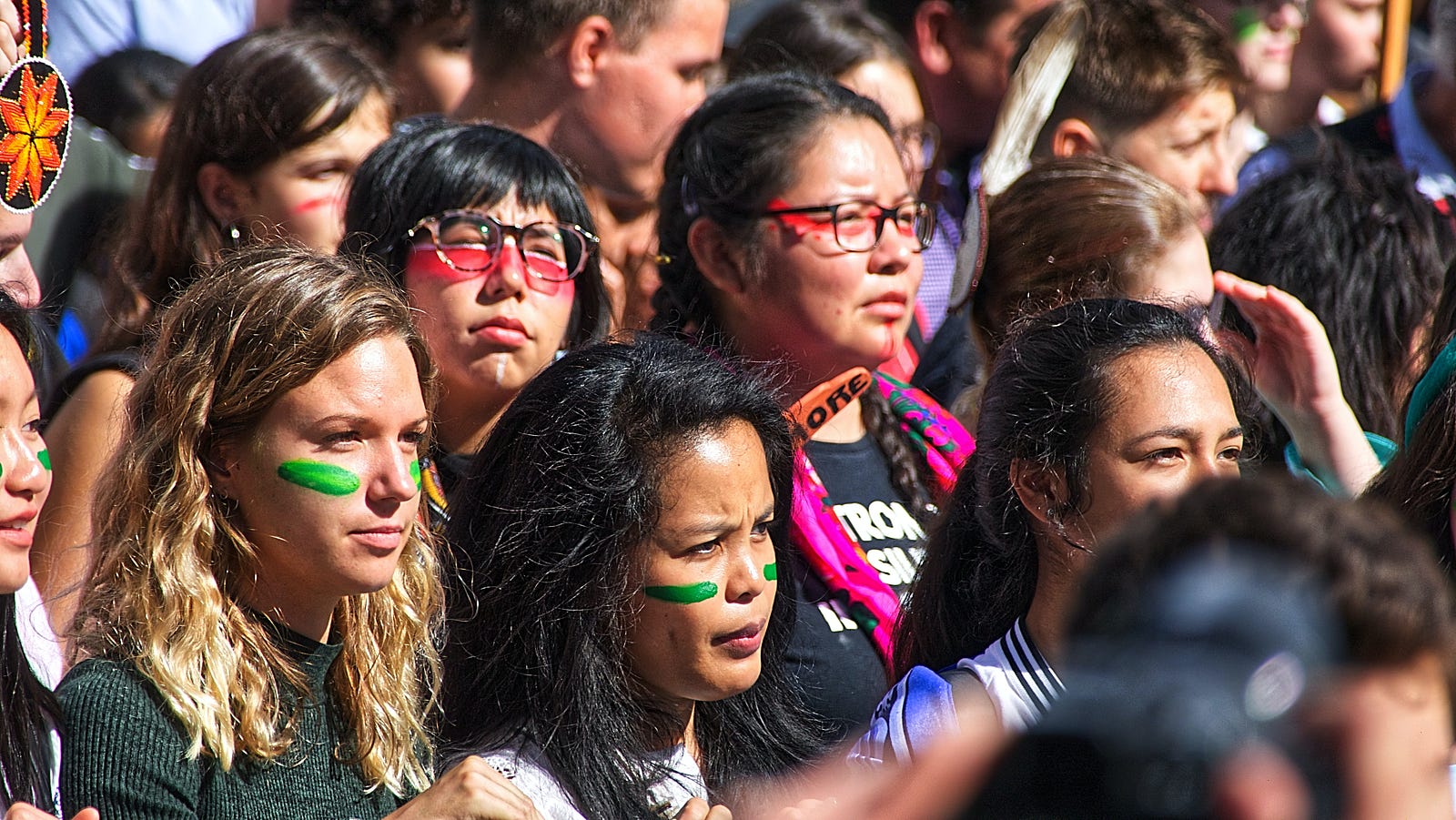
And if the Djinn Asks Why!
I’d say, colonization and imperialism put conflict in humanity’s path. Yes, standards of living elevated swiftly and exponentially for those who benefitted from unbridled capitalism. Self-enrichment for a few came in exchange for the labors, resources, talents, deaths, and despair of far too many, however.
Those plundered yielded precious cargo to the development of lands most of their citizens would never see. Many of their progeny never knowing freedom from bondage and abuse. Many of their progeny never knowing freedom from terrorism and oppression. Their progeny not knowing freedom from racism and socio-economic caste systems.
Al Fin
Tragically, instead of celebrating indigenous cultures this year, humanity became consumed by afflictions from which we cannot seem to heal. Reminded, as we too often are, of homelands still shrouded in laws written by occupiers. And people’s histories and lineages rewritten to reinforce dominant class perspectives. The passage of time used to vindicate unimaginable atrocities.
So, if one day my djinn does grant my wishes, you’ve been forewarned. You just might wake up to a world where bullies never threaten students. Grace reigns over capitalism. And terrorism is never the most viable recourse for those “believing” they are oppressed.
Blame me! Yes, I did it! Curse me, if your ego can’t imagine not standing on the backs of others. Just, please pass the Bellinis, paella, and fry bread! And be quiet while the rest of us enjoy the celebration of “One World Day!”
Sources:
Columbus Day or Indigenous Peoples’ Day? How the holiday has been shaped by oppression, by Erin Blakemore, National Geographic, October 3, 2022
The Legend of the Bluebonnet, by Tomie dePaola’s, Puffin Books (April 16, 1996)
The Invisible Wish Granters, by Rana Pandey, Fairpicture.org, February 2022
They Came Before Columbus: The African Presence in Ancient America, by Ivan Van Sertima, Random House (November 12, 1976)
1491: New Revelations of the Americas Before Columbus, by Charles Mann, Vintage; First Edition (October 10, 2006)
Aztec, by Gary Jennings, Forge Books; First Edition (May 1, 2006)


